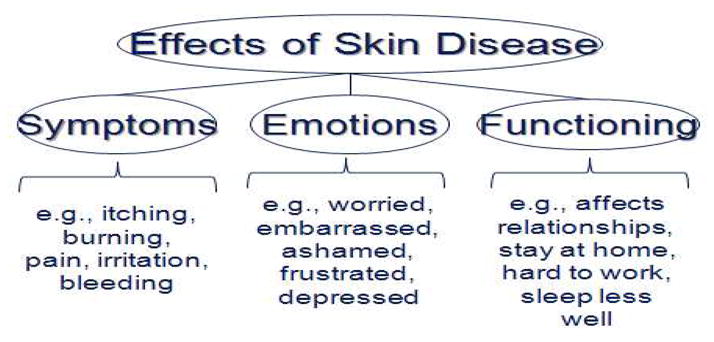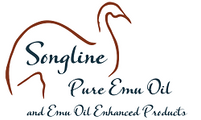How Emu Oil Can Be Used To Improve Your Cancer Therapy
Nearly 50% of cancer patients receive radiation therapy at some point during the course of their illness. Radiation therapy uses high-energy particles or waves, such as x-rays, gamma rays, electron beams, or protons, to destroy or damage cancer cells.
Radiation works by making small breaks in the DNA inside cells. Your cells normally grow and divide to form new cells. But cancer cells grow and divide faster than most normal cells. These breaks keep cancer cells from growing and dividing and cause them to die. Nearby normal cells can also be affected by radiation.
Unfortunately as many as 95% of those treated may experience a form of what is medically termed “radiation dermatitis”, what most of us call radiation burns. This can manifest as short term erythema (redness), and desquamation (skin peeling), or as long term changes including skin atrophy (thinning skin), telangiectasias (spider veins), and fibrosis (scarring).
Emu oil has analgesic properties that begin to soothe the skin as soon as it is applied; its all-natural anti-inflammatory properties then reduce redness and swelling. It has long been recognized for its ability to soothe thermal burns (burns resulting from contact with heated objects, such as boiling water, steam, hot cooking oil, fire) and sunburn (which is also a form of radiation burn). It has been shown to speed healing and reduce scarring.
Customer testimonials also show it as effective for radiation burns.
“I first used the emu oil while undergoing radiation for breast cancer a few years ago. My skin fared quite well and didn't have any severe burn or any blisters. I just had surgery and am using it to help minimize any scarring. Works great and doc says I'm healing very well!” Maria Suarez of NJ
Mayo Clinic Study Emu Oil for Radiation

A 2015 clinical study at the Mayo Clinic in Rochester, Minnesota showed a slight improvement using emu oil through assessment using the Skindex instrument and concluded; “This pilot study confirmed the safety of oil-based skin treatments during radiation therapy and suggests a trend for reduced skin toxicity for patients receiving emu oil. A larger study is needed to evaluate the efficacy of emu oil in reducing radiation dermatitis in patients receiving breast radiation.” I would like to note that the study did not begin using the oil until after the 3rd treatment. I would like to see a study that included prior and earlier use of emu.
How to use Emu Oil for Radiation Burns
Studies have shown that Pure Emu Oil can improve the overall thickness and health of skin. If possible start applying Emu Oil twice a day to the area that will be treated up to two weeks before treatment. Plumping underlying layers of skin and bringing it to optimum health will help the skin to cope with the effects of the treatment.
If oil is applied prior to treatment you should only use a small amount and be sure it has time to fully absorb, if some remains on the surface of the skin it could interfere with the treatment. Your Radiologist may prefer you don’t use anything prior to treatment. Apply the oil immediately after treatment. Continue to apply a small amount of oil frequently (every 2 to 4 hours) for the next 24 – 48 hours. The oil should soak into the skin within 30-60 seconds. If it does not you may have applied more than you needed, just try less next time. Reduce applications back to twice a day until next treatment.
Discuss using Emu Oil with your Doctor
When Dr. Elton J. Lormand, Certified American Board of Otolaryngology - Head and Neck Surgery; spoke at an American Oil Chemists Society Annual Meeting he said that he, like most physicians started off neutral about the use of emu oil 'It is not likely to harm you, we just don't know if it will help you. But the result in the patients that we've seen basically has been one of less burn than would normally be anticipated from the radiation dosage. Our patients are basically directing our efforts. It's not something that I would have been inclined to pursue on my own but our patients are convinced that there's a benefit to this. So now we actually encourage them to use it during their treatment protocol.”
We offer this information for your review. It is not intended as medical advice and we recommend discussing all supplements with your physician.
